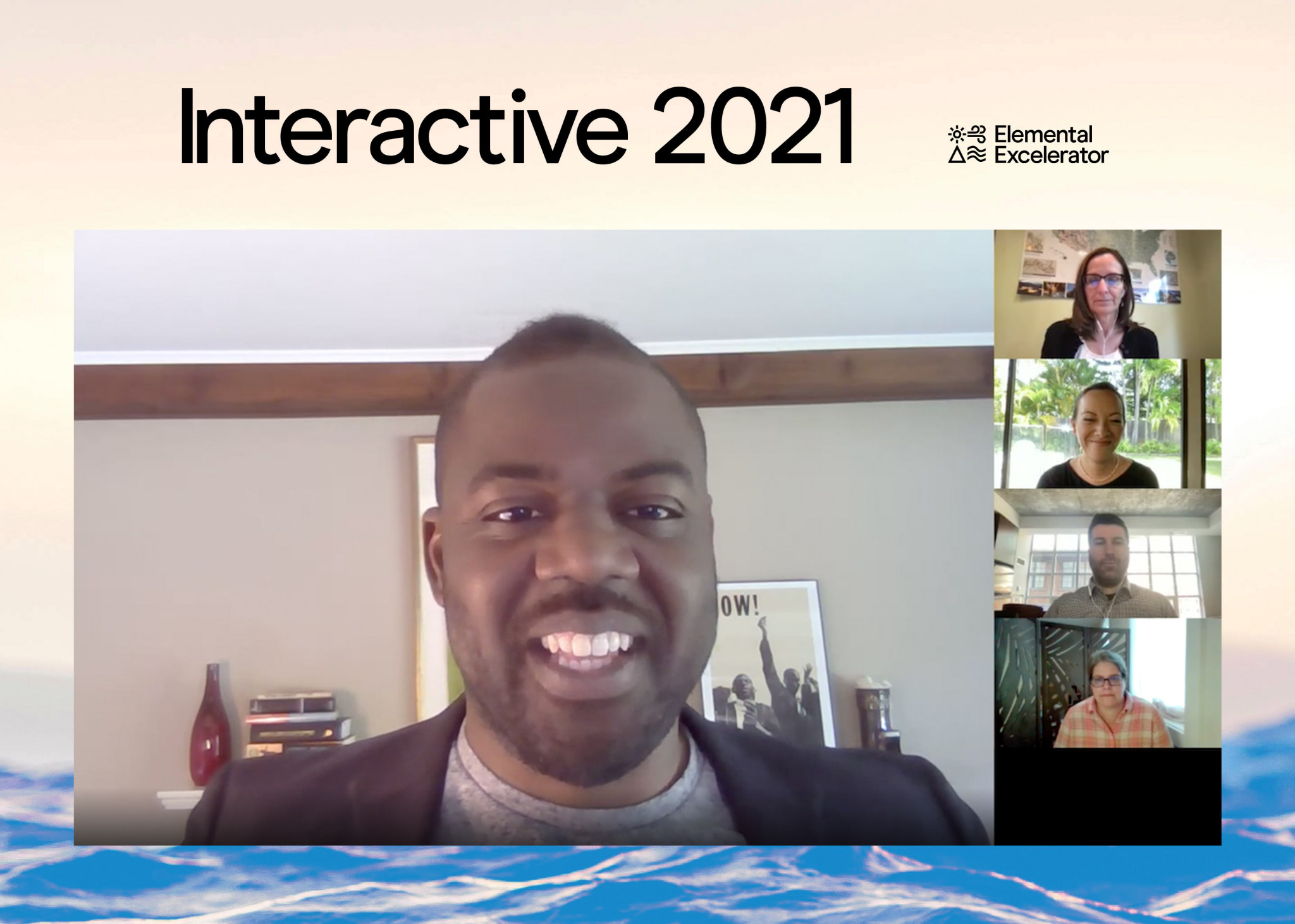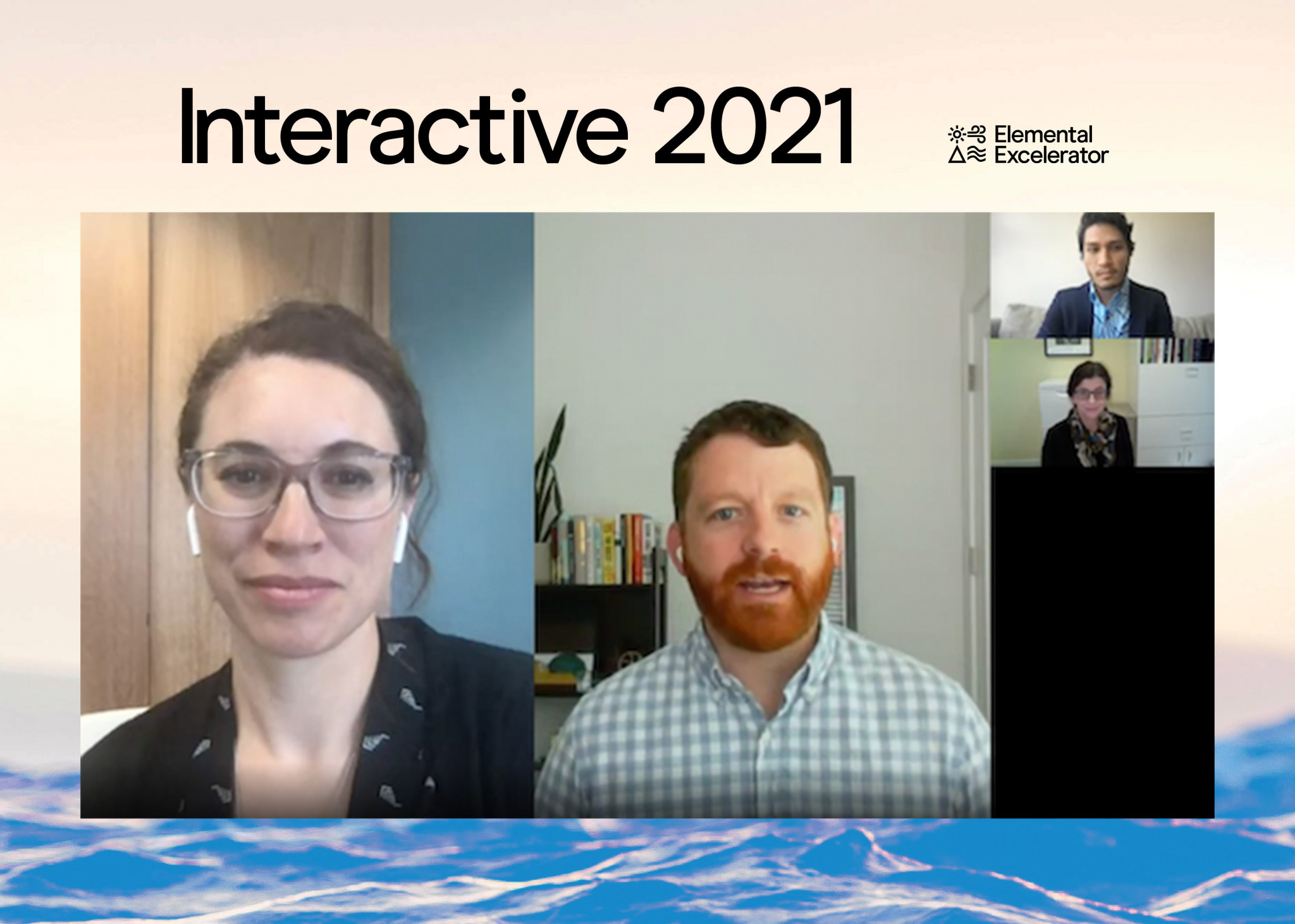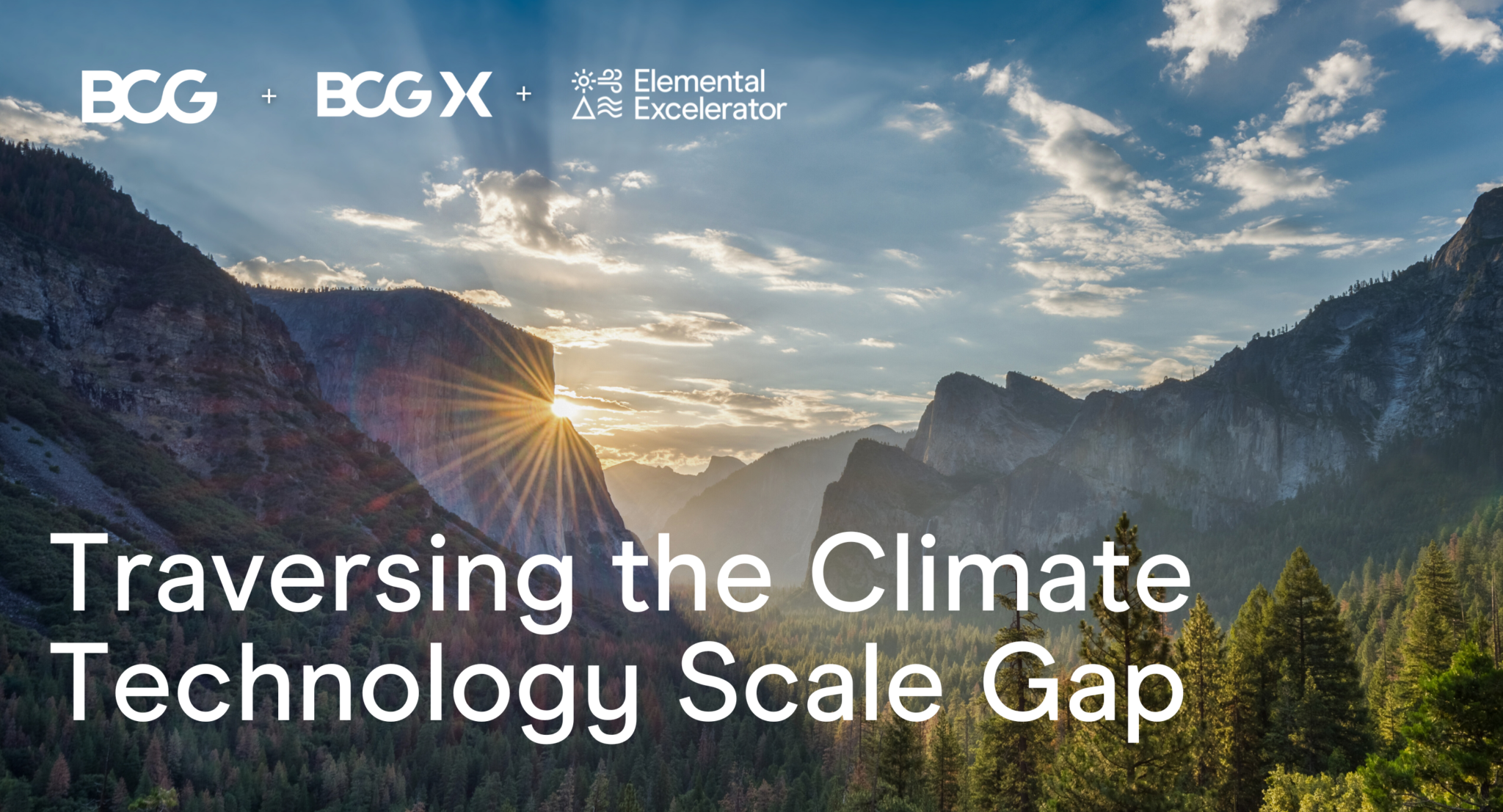
At Interactive 2021, we hosted a series of discussions spanning policy, technology, activism, and more, featuring a diverse array of perspectives from entrepreneurs and policymakers, artists and investors, students and industry veterans. Danielle J. Harris, our new Managing Director of Engagement & Innovation set the theme of the day and urged speakers and audience alike to work across sectors and areas of expertise to reverse the course of climate change in the coming decade.
“The champions of this movement are all different. And that’s exactly what we need to get to an inclusive, life-sustaining, and regenerative future,” she said. “But we haven’t quite built the bridges to unite our superpowers.”
In the coming days we will share insights from Interactive 2021 that we hope will help construct those bridges. Up first is an examination of the Biden administration’s climate policy agenda, what it means for climate-tech startups, and how the workforce of the future is taking shape.
A once in a generation opportunity
Catharine Cyr Ransom, who leads the Government Affairs & Sustainability Practice at Finsbury Glover Hering, set the stakes at no less than “a once in a generation opportunity to shift our economy” as she distilled the 3 key elements in the American Jobs Plan:
- Deployment – Federal funding to deploy climate solutions and jumpstart growth in the sector.
- Jobs – Re-establishing a robust American manufacturing and supply chain.
- Justice – Environmental justice is not just part of the agenda, it’s a driver of the agenda.
But will it pass? With a narrowly divided Congress, there isn’t much wiggle room. However, Catharine pointed out, “the tools are available to actually effect change this year and this Congress in a way that they haven’t been in a long time, which is incredibly exciting for entrepreneurs in the space.”

Entrepreneurs are storytellers too
Advocates need to adopt a victory mindset and not let opponents define the bill, said Ana Unruh Cohen, a veteran of previous climate policy battles and Staff Director, Select Committee on the Climate Crisis. “We need to tell the stories and define what an America that is making smart investments in clean energy looks like.”
In this moment when so many across the country may have lost hope — from the climate crisis to social inequity to the opioid epidemic — people need a shared vision to wrap their arms around, said BlocPower (Cohort 7) founder and CEO Donnel Baird. “As startups, we have the power to tell a narrative, to tell a story about innovation and what the future looks like. We should be in conversation with the policymakers who are shaping the future through their policy.”
- To hear BlocPower’s story and track record of building an equitable clean energy future, catch Donnel’s recent appearance with our friend Emily Kirsch on the Watt It Takes podcast and his recent testimony before the House Committee on Energy & Commerce.
It’s all good. Harry Johnson II, Government Affairs and Policy Manager at Dream Corps, said that getting the storytelling right around infrastructure investments will show how good schools, strong business ecosystems, and a clean economy is good for all Americans. “The poor farmer in Alabama is really similar to the urban poor family in Philadelphia,” he said. “We just need to make the case that everyone benefits.”

What’s in the workforce?
As the transition to a clean economy accelerates, companies — particularly those in the oil and gas industry — need to heed the rapid shifts taking place in a workforce that’s taking the long view, said Tim Latimer, CEO of geothermal startup Fervo Energy (Cohort 9). “Workers, and especially younger workers at these companies are voting with their feet and saying either we change or we’re gone. And that’s going to drive a big impact.”
Climate goals can make for a potent unifying force in companies, said JoAnn Covington, Chief Legal Officer at the electric bus manufacturer Proterra (Cohort 7). When its workers unionized in 2019, the company saw it as an transformational opportunity to “show what a twenty first century partnership between labor and management could look like to really catapult the United States into the future of green, clean manufacturing.”
Preparing students for a future in a clean economy needs to focus on everything from trade skills around EVs to how to build a company and find investors, said Harry Johnson II. “How do we teach our kids in the black and brown communities how to create a job and not just look for a job?”
Making sure green jobs are good jobs. Kaniela Ing, Climate Justice Campaign Director for People’s Action Institute, drove home the urgency of this moment. “This is our potential to unlock human and environmental flourishing. We can live our best lives and breathe life back into our communities and create jobs that are actually dignified and regenerate our earth rather than extract from it.”
• • •
For more insights, see the Interactive Hub, where we rounded up resources from our speakers and each of the conversations. In addition to podcasts, articles, and visuals, you also can find career, education, and investment opportunities. We hope you enjoy it and share it with your network.




